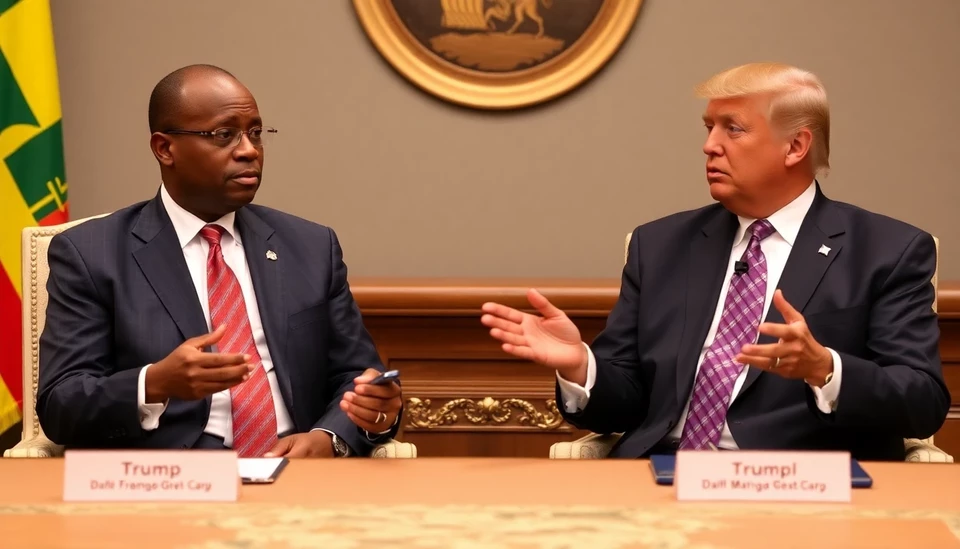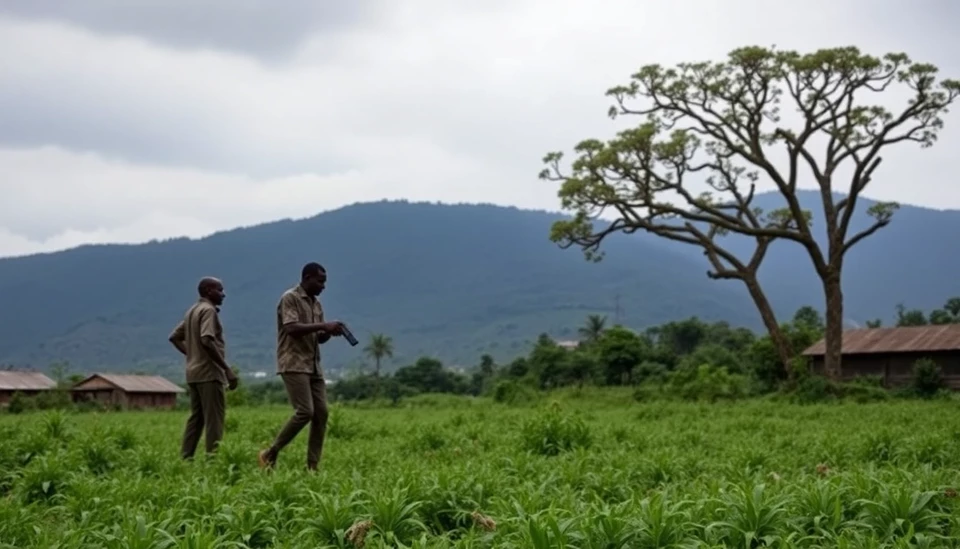
In a recent statement, President Nana Akufo-Addo of Ghana has expressed grave concerns regarding the implications of former President Donald Trump's administration’s freeze on foreign aid. During a press conference held in Accra, the capital of Ghana, President Akufo-Addo emphasized that the aid freeze not only affects bilateral relations but also undermines U.S. soft power on the global stage.
The comments came as part of a broader dialogue on the importance of international cooperation and development assistance in fostering positive diplomatic relations. Akufo-Addo pointed out that Ghana, which has historically benefited from U.S. aid, is at the crossroads of needing both financial support and development partnerships to continue its progress. He noted, "When such funds are withheld, it sends a message that the U.S. is not invested in the progress of nations like ours."
According to the Ghanaian leader, the reduction of assistance has potentially stunted economic development and affected critical sectors within his country, ranging from health services to education and infrastructure. He further argued that the negative effects are not only confined to sub-Saharan Africa but extend to the broader realm of global diplomacy, putting at risk long-standing alliances with the U.S.
President Akufo-Addo believes that soft power—an essential part of diplomatic relations, which relies on attraction and persuasion rather than coercion—has diminished as a result of the aid freeze. "Soft power is vital in today's interconnected world; it helps nations to connect on various levels. The decision to halt funding has sent shockwaves that may hinder those connections," he remarked, urging a reconsideration of these policies.
In addition to these statements, the Ghanaian president highlighted specific instances of U.S.-backed initiatives that have had a significant impact on improving the lives of Ghanaians, such as health programs combating diseases and educational funding that supports the next generation. Without these programs, he warned, progress may be hampered significantly.
Furthermore, President Akufo-Addo called for a renewed commitment to democracy and development as collective priorities that transcend political administrations in the U.S. He urged for the importance of keeping aid flowing to bolster not just Ghana's growth, but also to maintain the U.S.’s reputation as a leader in global humanitarian efforts.
As the geopolitical landscape continues to evolve, the president's comments serve as a clarion call for the U.S. to re-engage with African nations in a spirit of partnership and mutual respect, ensuring that assistance reflects the continent's needs. It remains to be seen how these commitments might be addressed by the current U.S. administration, particularly in light of upcoming elections and shifts in foreign policy priorities.
In summary, President Akufo-Addo’s remarks present a compelling argument for the integral role of aid in establishing and maintaining the U.S.'s global soft power and the sustainability of relationships with African nations. The focus now turns to how both local and global actors respond to this urgent call for collaboration and support.
#AidFreeze #SoftPower #TrumpAdministration #InternationalRelations #Ghana #NanaAkufoAddo #ForeignPolicy #GlobalDiplomacy
Author: Laura Mitchell
